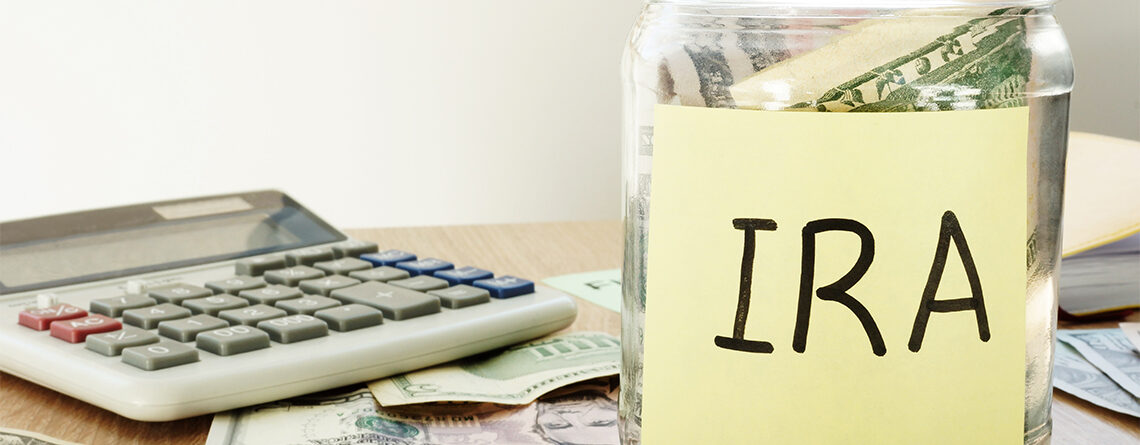Mega-IRAs, Boon or a Bane?
By Albert Feuer
Peter Thiel reportedly converted a 1999 Roth IRA investment of $1,700 in PayPal “founder’s shares,” into assets that appeared to be worth $7 billion on June 30, 2021. There are serious questions whether this IRA and other Mega-IRAs are entitled to the IRA tax benefits. The IRS should have the resources to challenge the tax exemption of any Mega-IRAs appearing to violate the current law. These Mega-IRAs will disappear when the IRS prevails. There should also be statutory changes to direct tax incentives not at Mega-IRAs and their owners, but at improving the retirement readiness of American working families. This was why traditional and Roth IRAs were introduced and why they are called individual retirement accounts. The following changes would help achieve this goal by narrowing the retirement savings focus of retirement tax incentives:
(1) All the IRAs of an individual whose traditional IRAs, Roth IRAs and designated Roth 401(k) IRAs have an aggregate value in excess of $5 million at the end of any calendar year (“Mega-IRAs”) should lose their tax qualification if those IRAs fail to distribute half of the excess by the end of the following year;
(2) All of an individual’s Mega-IRAs should lose their tax-qualification if any contributions are made to the Mega-IRAs for the following calendar year;
(3) All IRAs should be subject to all the same minimum required distribution rules as those applicable to traditional IRAs and designated Roth 401(k) IRAs, i.e., annual distributions must begin by the April 1 following the year in which the participant reaches age 72; and
(4) The annual excise tax for excess contribution to any IRA should be increased from 5% to 10% and should apply to the earnings associated with any excess contributions for the year at issue, rather than only to the excess contributions, as is now the case.
Source: SSRN
183 views










